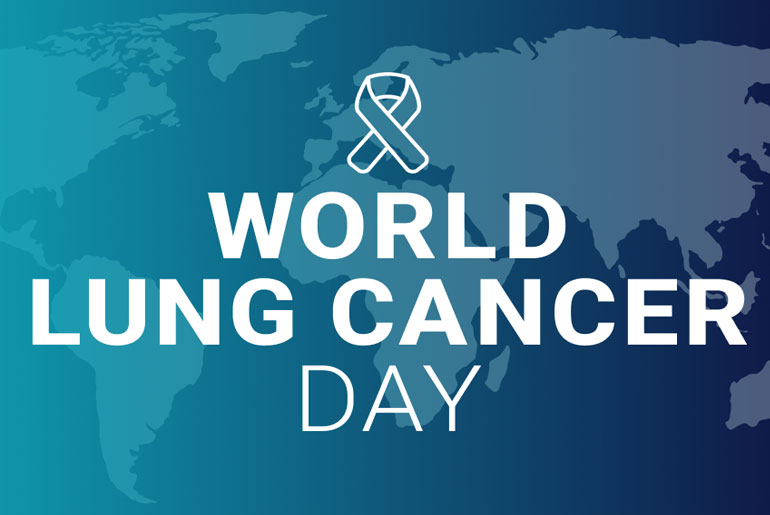It is important to clarify that while there are various practices or treatments that may be referred to as “lung cleansing” or “lung detox,” there is limited scientific evidence to support their effectiveness in preventing or treating lung cancer specifically. The concept of lung cleansing is more focused on promoting respiratory health and supporting the body’s natural detoxification processes.
The lungs are indeed self-cleaning organs, equipped with mechanisms to filter and clear out airborne pollutants and particles. However, certain lifestyle practices, such as avoiding smoking and minimizing exposure to harmful substances, can support lung health and reduce the risk of lung diseases, including lung cancer.
Some individuals, particularly those with respiratory conditions or those exposed to lung irritants, may benefit from measures to improve lung function and reduce symptoms. These measures can include breathing exercises, postural drainage, and other therapies aimed at improving lung capacity and promoting better respiratory function.
While lung cleansing practices may complement standard medical care, they should not be considered a replacement for evidence-based medical treatments or preventive measures. There is no scientific evidence to suggest that lung detoxification alone can protect against lung cancer.
Some common techniques or practices associated with lung cleansing include:
- Breathing Exercises: Various breathing exercises, such as deep breathing, diaphragmatic breathing, and yoga pranayama, are believed to help improve lung capacity and promote better lung function.
- Steam Inhalation: Inhaling steam from hot water or herbal infusions is thought to help loosen mucus and promote the clearing of the airways.
- Salt Therapy (Halotherapy): This involves spending time in salt caves or using salt-based inhalers. Advocates claim that inhaling salt particles may have anti-inflammatory and antibacterial effects on the respiratory system.
- Herbal Remedies: Certain herbs and plant extracts, such as eucalyptus, mullein, and ginger, are believed to have respiratory benefits and are sometimes used in teas, supplements, or inhaled forms for lung health.
- Detox Diets: Some detox diets or cleanses claim to support lung health by eliminating specific foods or substances believed to be harmful to the respiratory system.
- Chest Physiotherapy: This technique involves physical maneuvers, such as percussion and postural drainage, to help remove excess mucus from the lungs in people with certain lung conditions.
It is important to note that the concept of “lung cleansing” is not supported by scientific evidence. The lungs have their natural mechanisms to remove foreign particles and toxins, primarily through the action of cilia and the immune system. The best ways to support lung health and reduce the risk of lung disease, including lung cancer, are to avoid smoking and exposure to secondhand smoke, minimize exposure to environmental pollutants, and maintain a healthy lifestyle with regular exercise and a balanced diet.
The most effective ways to prevent lung cancer include:
- Avoiding Tobacco: The single most crucial risk factor for lung cancer is tobacco smoking. Avoiding tobacco products, including cigarettes, cigars, and smokeless tobacco, is the most significant step individuals can take to reduce their risk of developing lung cancer.
- Minimizing Exposure to Radon: Radon is a radioactive gas that can seep into homes from the ground. It is the second leading cause of lung cancer in non-smokers. Testing for radon and taking measures to reduce its levels in homes can help prevent lung cancer.
- Reducing Environmental Exposures: Limiting exposure to indoor and outdoor air pollutants, such as secondhand smoke, asbestos, and industrial chemicals, can lower the risk of lung cancer.
- Healthy Diet and Regular Exercise: Eating a balanced diet rich in fruits and vegetables and engaging in regular physical activity can contribute to overall health and potentially lower the risk of various cancers, including lung cancer.
- Screening and Early Detection: For individuals at high risk of lung cancer, such as heavy smokers, regular screenings with low-dose computed tomography (LDCT) can help detect lung cancer at an early stage when it is more treatable.
While certain lifestyle practices, such as avoiding smoking and minimizing exposure to harmful substances, can help reduce the risk of lung cancer, lung cleansing techniques themselves have not been proven to prevent or treat lung cancer. If you have concerns about your lung health or potential risk factors for lung cancer, it is essential to consult with a healthcare professional. They can provide evidence-based guidance and recommend appropriate preventive measures based on your individual health history and risk factors.
Disclaimer:
The information contained in this article is for educational and informational purposes only and is not intended as a health advice. We would ask you to consult a qualified professional or medical expert to gain additional knowledge before you choose to consume any product or perform any exercise.







